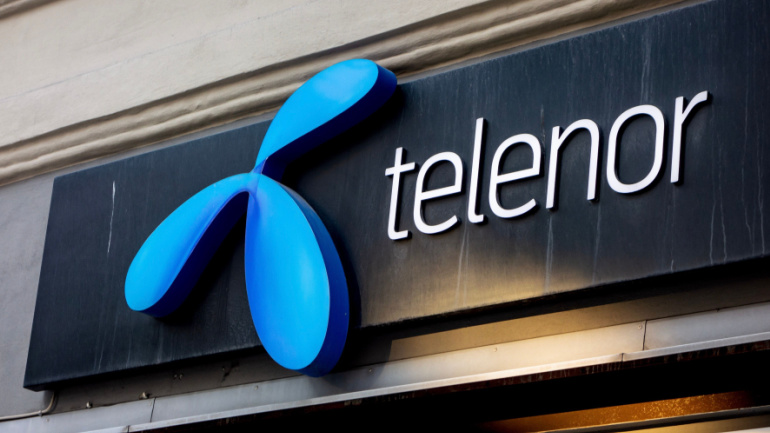Epsilon Telecommunications (Epsilon), a KT Corp. company and leading global interconnectivity provider, has appointed Damon (Young Seok) Lee as its Group Chief Executive Officer. Lee joins Epsilon with over 27 years of experience in the telecommunications and technology sectors, most recently serving as Vice President in KT’s Enterprise Business. He will lead Epsilon’s senior executive team with a focus on optimising the company’s business strategy and global growth.
Telecom giant Telenor faces a considerable setback as the company braces itself for a $760.3 million blow from its investment in True Corp, spurred by a noticeable decline in share value in 2023. However, amidst this financial turbulence, Telenor maintains a positive outlook. The company affirms that this financial drawback is merely for book records and does not reflect changes in Telenor’s belief in the value of their True Corp asset.
Zoom has unveiled a series of innovative upgrades aimed at enhancing user experience on its platform, emphasizing stronger connections, increased productivity, and seamless collaboration. The introduction of new AI Companion capabilities, alongside improvements in Zoom Team Chat, Zoom Whiteboard, and Zoom Meetings, positions Zoom as a frontrunner in leveraging artificial intelligence to facilitate workplace communication.
In a recent analysis by ABI Research, the future looks bright for neutral host providers, with projections pointing to a significant revenue increase. By the year 2030, it’s estimated that neutral host connectivity will rake in revenues of around $1.3 billion. Although the current market size remains unspecified, this figure highlights the substantial growth potential for the sector.
Allison Kirkby has officially taken the reins at BT, unveiling her first set of financial results as the company’s new chief executive. The figures, reflecting the final quarter of 2023, show a modest increase in revenue to £5.3 billion, up from £5.2 billion, with adjusted EBITDA holding steady at £2 billion. This performance was bolstered by positive developments within Openreach and the Consumer division, though slightly hampered by the challenges faced by BT Business, including cost issues and a downturn in legacy product sales.
In a significant move to strengthen its position in the global semiconductor industry, the Japanese government has committed approximately $307 million in subsidies to a high-profile semiconductor project. This initiative brings together major players NTT from Japan, Intel from the United States, and South Korea’s SK Hynix. Their collaboration focuses on the development of advanced optical semiconductor technology, which promises faster data processing speeds and reduced energy consumption compared to traditional electrical semiconductors.
Anticipated mobile and broadband price hikes this April could resonate with a multitude of customers. Key carriers, EE, Three, and Vodafone, plan substantial increases, impacting users financially. Meanwhile, telecom regulator Ofcom has proposed banning mid-contract price rises linked to inflation.
Diving deep into Ookla’s RootMetrics’ study reveals a thorough testing of UK mobile networks, with EE claiming the Overall RootScore Award, outperforming in reliability, accessibility, and offering a network speed almost twice as fast as its nearest rival. However, when it came to 5G performance, the laurel went to Three UK in an intense rivalry.
T-Mobile US, a significant player in the US telecommunications industry, has maintained its leadership position in customer growth in 2023, despite a notable decrease compared to its previous year’s performance. The company, which recently revealed its annual and quarterly financial results, continues to outpace its main competitors, AT&T and Verizon, particularly in the postpaid mobile customer segment.
Facing an economic upheaval, telecom leaders like Nokia, Ericsson, and AT&T post disappointing financial outcomes for 2023, attributed to factors like changing customer behavior and a challenging macro-economic environment. However, there are glimmers of hope, evidenced by Nokia’s significant free cash flow generation amidst a major slump in sales.













